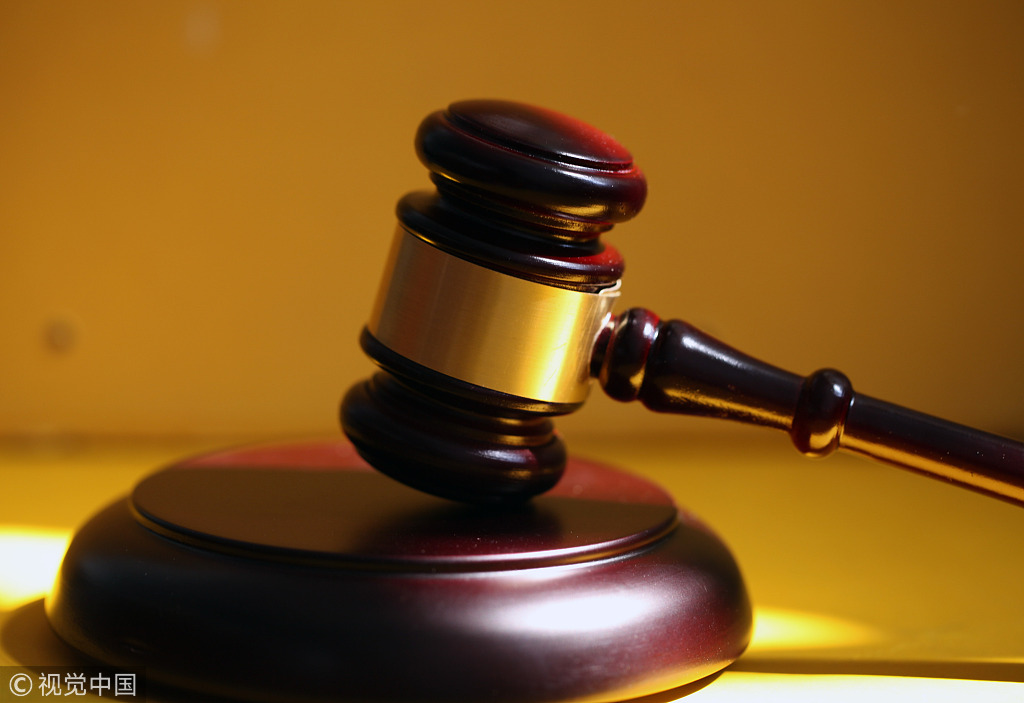Courts to be more efficient, use more technology


Chinese courts have been ordered to offer more efficient legal services for litigants, with the nation's top court listing clearer responsibilities for court presidents and chief judges to prevent abuse of power in handling cases.
On Wednesday, the Supreme People's Court, China's top court, issued a guideline on judicial reform for the next five years that said courts nationwide should make better use of technologies, including big data and artificial intelligence, to serve litigants.
The guideline, which is divided into 10 major sectors with 65 items, orders Chinese courts to explore how to deliver legal documents online to improve judicial efficiency, as well as to study building a litigation system making use of mobile phones.
With regards to difficulties in delivering documents to countries or regions overseas, the top court said it is trying to solve the problem through advanced technologies.
"These moves aim to offer more convenience for litigants," said Hu Shihao, director of the top court's Judicial Reform Office. "I believe better use of technologies and the internet will help judges handle the rapid growth of cases more effectively."
The top court has clarified that judges should be responsible for their cases and that no one should interfere in case hearings. However, if the disputes involve a large number of litigants or may influence social stability, the courts' presidents and chief judges can be allowed to follow up and take advice.
"The monitoring process and advice must be written on record to prevent them from abusing power," Hu said. "But what the courts' presidents and chief judges can or cannot do, and how they do it, are still far from the specifics."
He said the top court would produce a clearer list of powers in the next five years.
In the past five years, the judicial reform has introduced several new measures to help Chinese courts uphold justice.
For instance, 4,868 defendants were found not guilty from 2014 to 2018 — seen as a move to protect human rights.
In addition, the country established three special courts for hearing intellectual property cases — in Beijing, Shanghai and Guangzhou, in Guangdong province. The central leadership has said it is determined to fight infringements of intellectual property rights.
- China launches communication technology test satellite
- Spokesperson warns against aggression toward mainland fisherman
- Lhasa wetland reserve recognized as world's highest altitude wetland
- Chengdu woman sentenced for fatally stabbing neighbor
- Mainland coast guard's patrol in Xiamen-Kinmen waters to safeguard maritime order: spokesperson
- Independent committee starts work as HK moves to liquefy owners' group




































